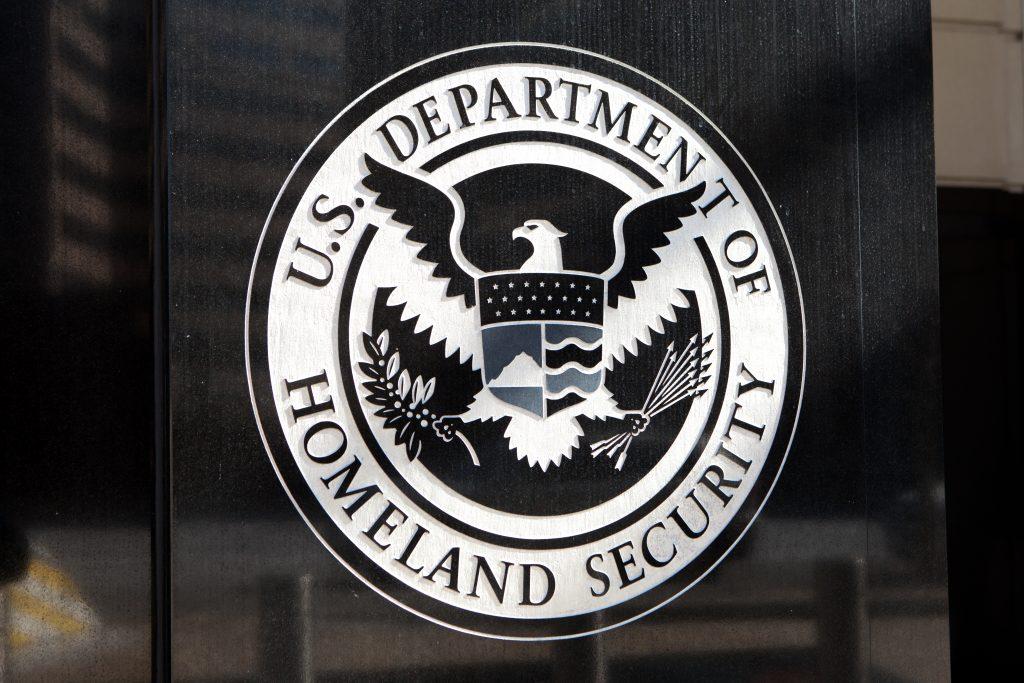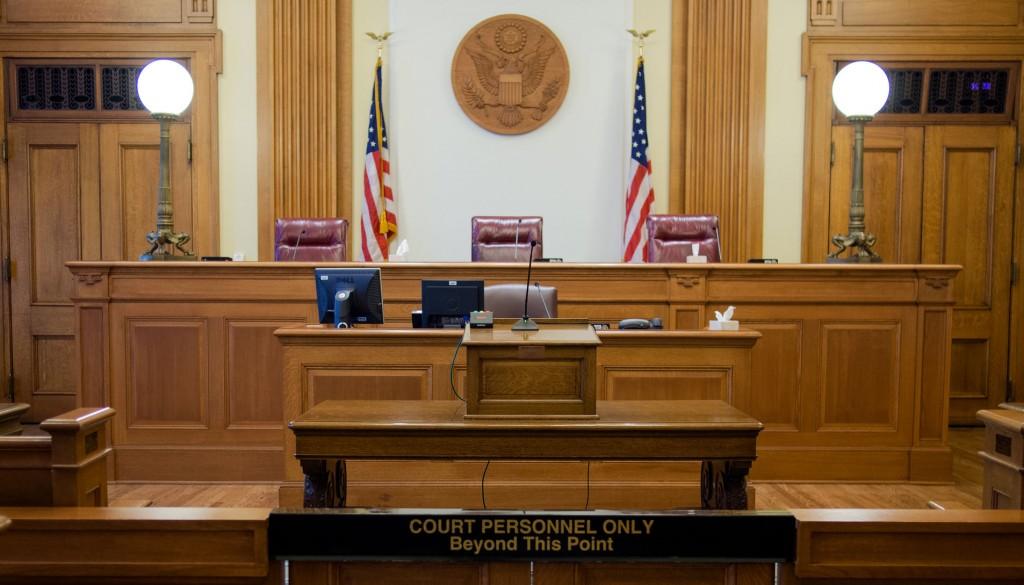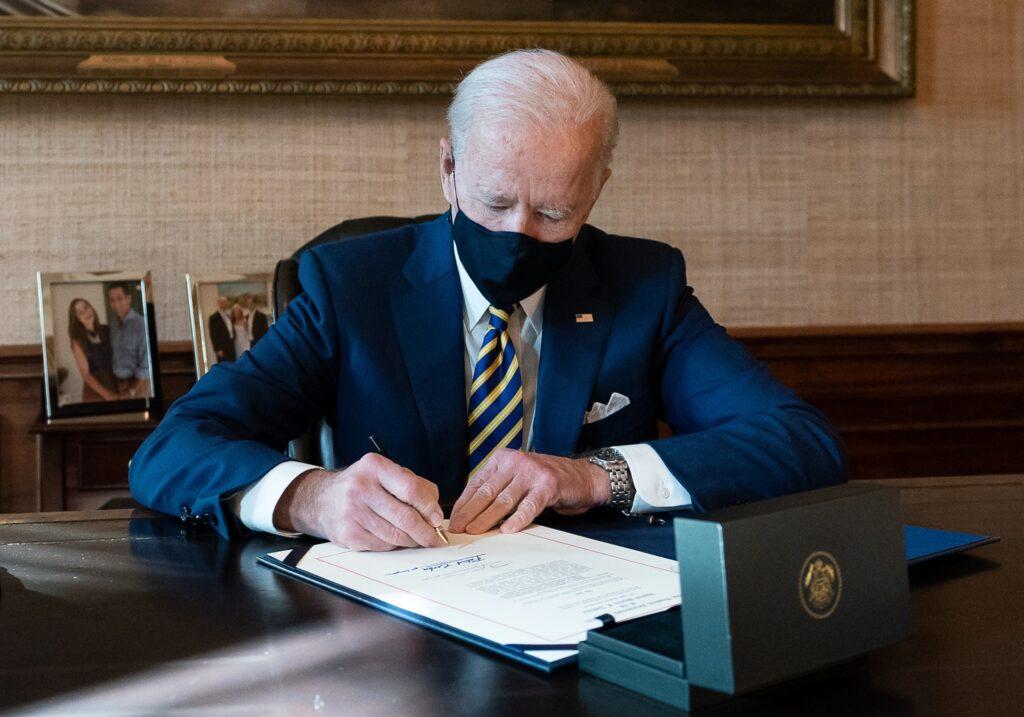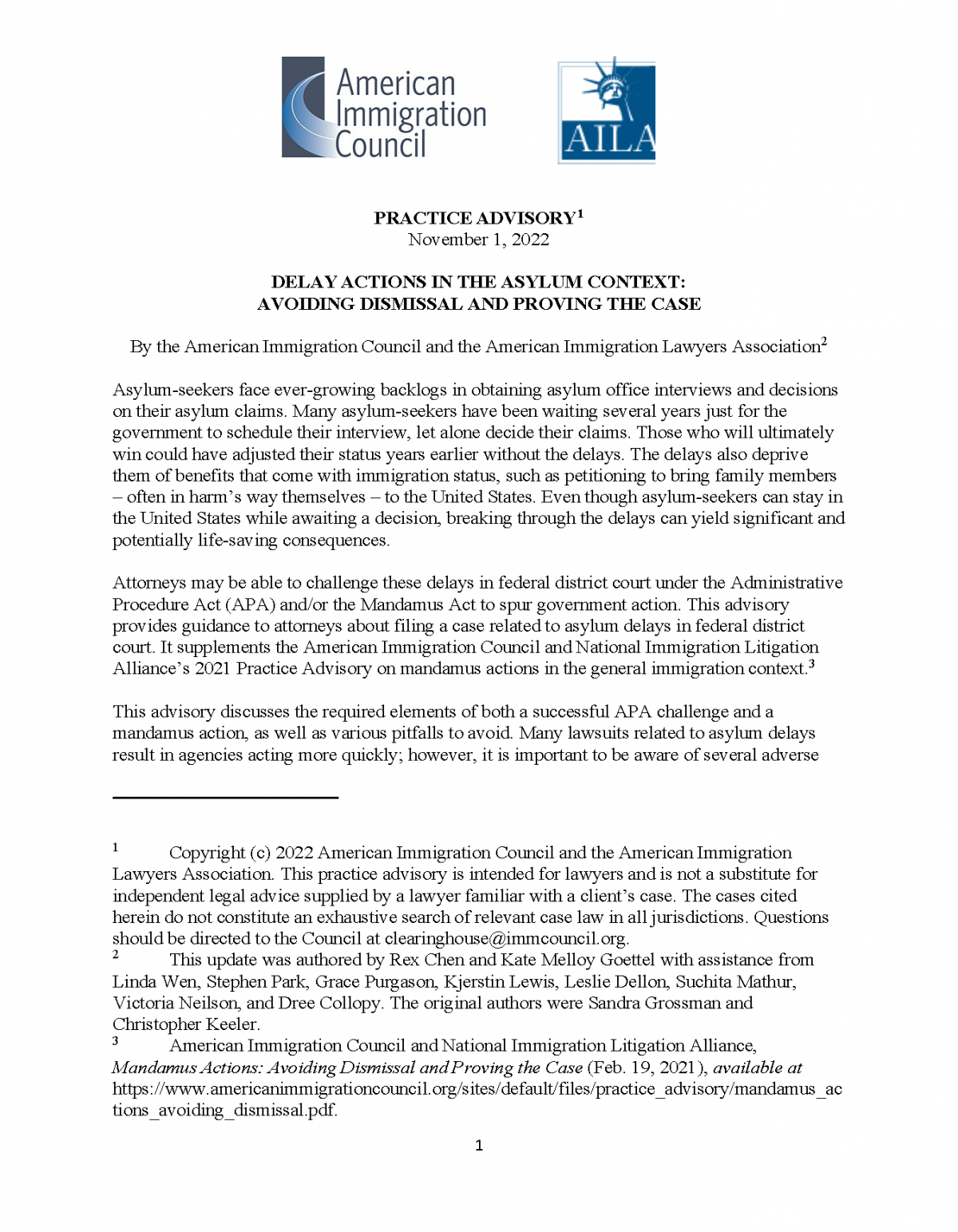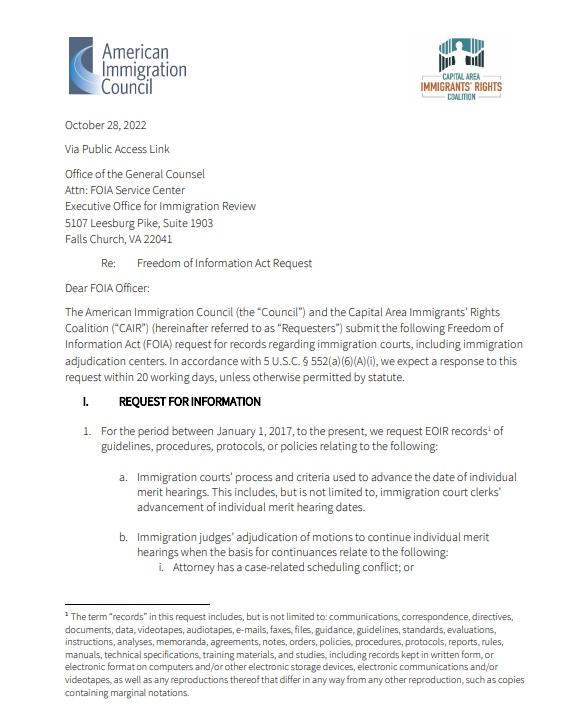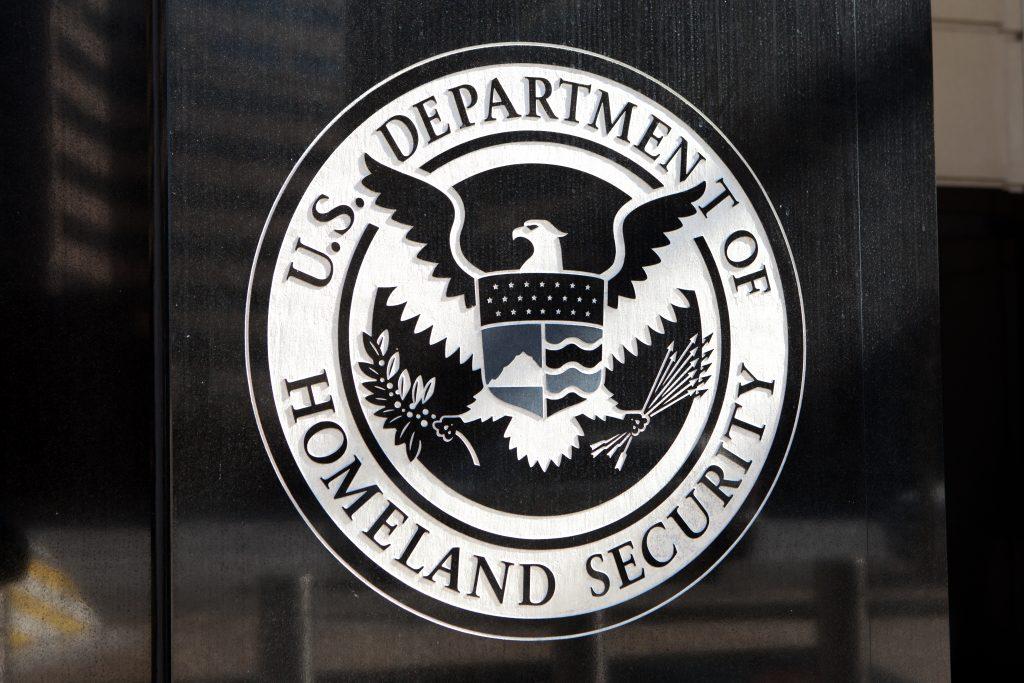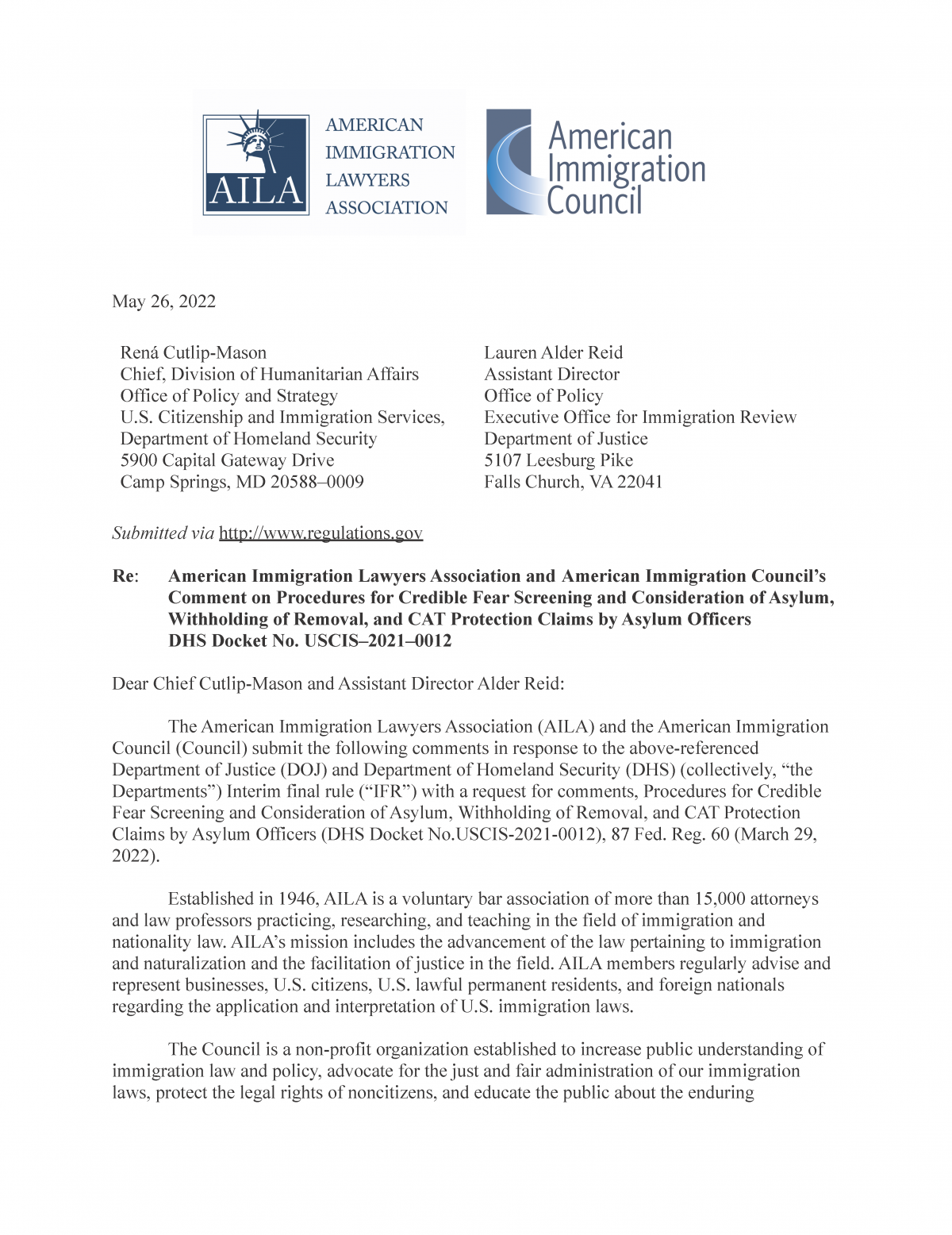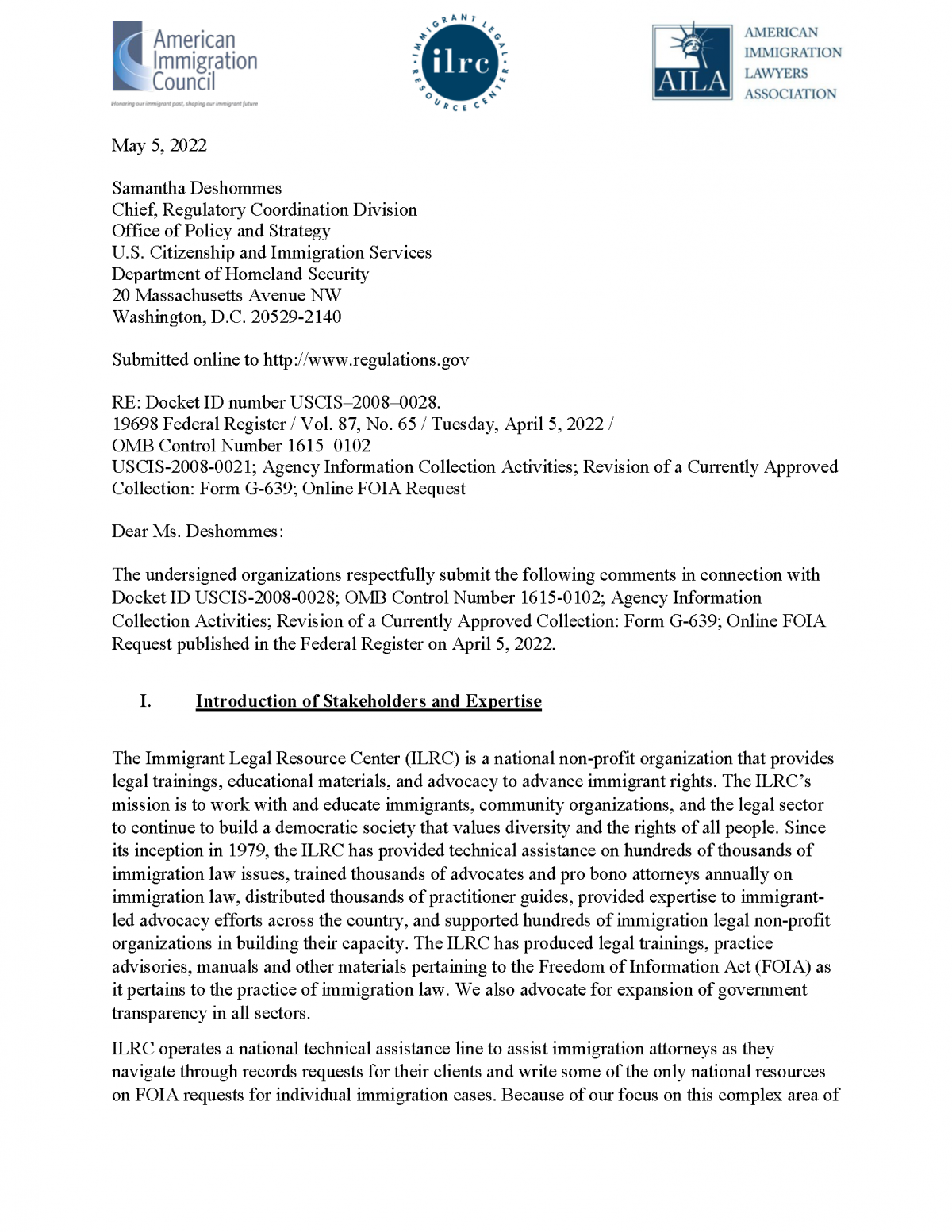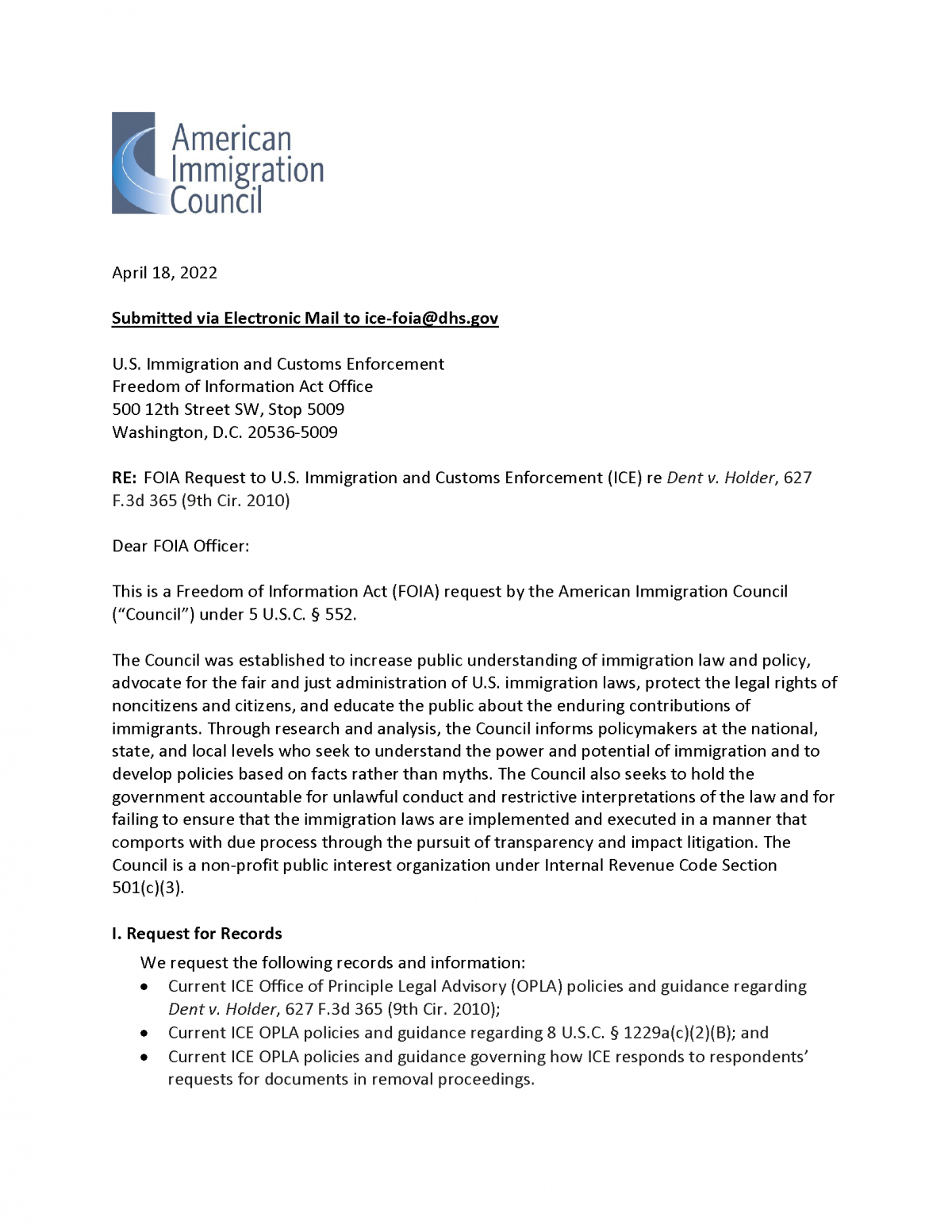The American Immigration Council, working with the National Immigration Project of the National Lawyers Guild, has repeatedly challenged the “departure bar,” a regulation that precludes noncitizens from filing a motion to reopen or reconsider a removal case after they have left the United States. The departure bar not only precludes reopening or reconsideration based on new evidence or arguments that may affect the outcome of a case, but also deprives immigration judges and the Board of Immigration Appeals of authority to adjudicate motions to remedy deportations wrongfully executed, whether intentionally or inadvertently, by DHS. We argue that the regulation conflicts with the statutory right to pursue reopening and, as interpreted by the government, is an impermissible restriction of congressionally granted authority to adjudicate immigration cases.





